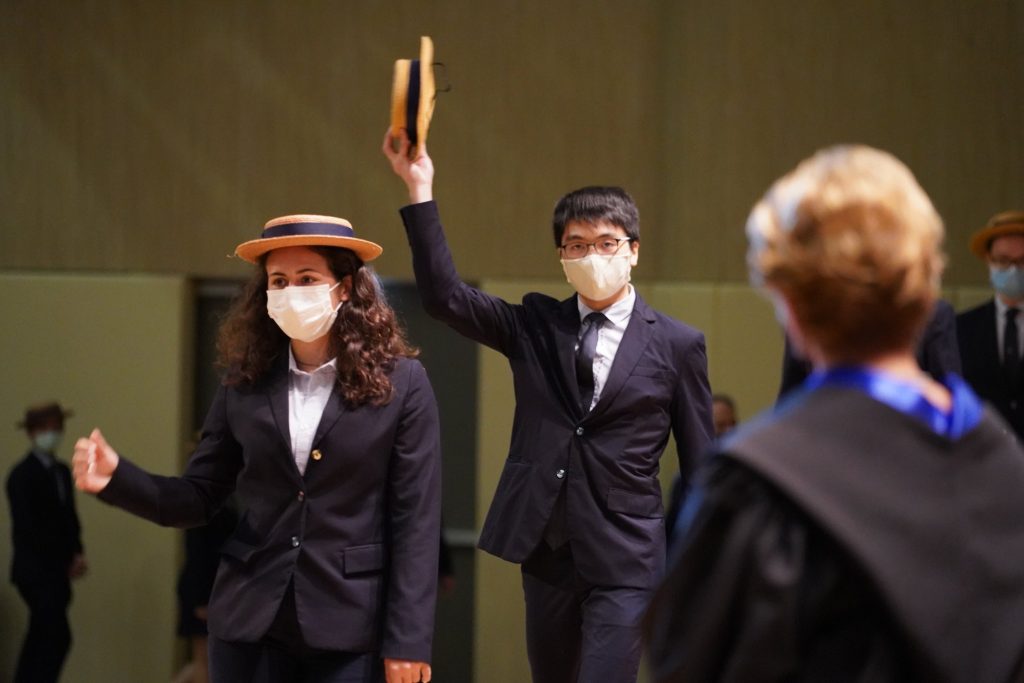
When living overseas, an international school is usually the best option when it comes to your children’s education. International schools are able to afford some of the best teachers around, including those that may be from your home country. International schools will also teach a curriculum whilst supported with state-of-the-art facilities. Not only that, but your children are more likely to be surrounded by other children that are from your home country, possibly making it easier for them to settle in.
However, when sending your children to an international school, you will need to pay for the high standard of education. The tuition fees alone can be out of many peoples’ financial capabilities, and on top of which there will be additional costs as well. This article looks at which fees are not included in tuition fees at an international school.
Application Fees
Many international schools will charge an application fee for every pupil. The fee will need to be paid as you submit your application, and there are usually no refunds if your child is not accepted. The application fee alone ramps up the exclusivity of some international schools.
School Uniforms
You will also usually need to pay for school uniforms. Most schools are quite particular about what they expect their pupils to wear, and international schools are probably more stringent than most. In addition to standard school uniforms, you will also likely need to buy additional clothing such as a PE kit and swimming kit.
Most international schools will expect their students to wear branded uniforms and other clothing. This means you will need to buy some items directly from the school shop. Items like shoes and socks can usually be bought from elsewhere but will still need to conform to the school’s dress code.
Textbooks
Tuition fees don’t usually include textbooks, meaning you will have to buy them yourself. Of course, very specific textbooks will be needed, and the school will sell them to you in most cases. Some schools will not require you to purchase your own textbooks, and may provide each pupil with the necessary materials without extra cost.
In addition to textbooks, you will also need to consider other items like stationery, calculators, and everything else a pupil will need during a typical day at school.
Meals
Food is another item that is often, but not always, separate from tuition fees. When it comes to fees for meals, there are often various options available. Meals can also be affected by factors such as whether or not your child is boarding at the school, while additional, optional snacks are also typically made available.
Boarding Fees
Not all international schools are boarding schools. However, for those that do offer boarding, whether compulsory or optional, you will need to pay additional boarding fees. In many cases, children will be expected to stay at the school during the week only, returning home at the weekends.
School Bus
The school bus service will incur a fee as well. While it can be convenient to have a bus pick kids up and drop them off after school, many parents will prefer to pick their children up themselves if they can. School bus fees will usually vary according to how far from the school you live.
Enrolment Fees
It is quite standard for an enrolment fee to be charged for every student that joins the school. The fee is a one-off payment that is paid before your child starts at the school – this is also sometimes referred to as a tuition deposit. The enrolment fee is a one-off payment that is expected to be paid before the term starts, although some schools will allow the fee to be paid in instalments. Instalment fees are not usually refundable.
Enrolment fees are usually paid toward the school’s capital fund, which helps the school maintain their facilities and develop new ones. Having the best facilities will help ensure the school can offer a great education.
Capital Development Fees
Capital development fees, or a capital levy, are similar to enrolment fees in that they are usually used to pay for the upkeep and development of school facilities. However, capital development fees tend to be paid once a year and are usually non-refundable. Some schools will let you pay capital development fees for the entire duration of your child’s schooling in a single, discounted lump sum. At some schools, this fees will be waived if you have purchased a debenture.
Extra-Curricular Classes
Extra-curricular classes, such as music classes, will also usually incur extra costs. Of course, these are optional depending on how many extra-curricular classes your child joins, if any. Fees for extra-curricular classes at an international school will typically pay for the best tuition available.
School Trips
Any school will arrange the occasional educational trip, and international schools are no exception. Fees for school trips will typically pay for everything that is needed, and everything will be arranged by the school. However, you may also need to provide additional money for your child in case they need to purchase anything on the trip.
Examination Fees
Tuition fees do not usually include examination fees. Rather than being expected to pay individually for each exam, they are usually bundled into a single payment that covers the entire course. If your child needs to re-take a test for any reason, then you will likely be charged extra.
Summary
International schools will tend to follow similar pricing structures, although some of the terminology will change from school to school. Some schools will not charge for everything mentioned above, while others will charge for more.
What the exact fee of each of the above items are will also vary from school to school. Some will expect you to pay everything up front, while others will be more flexible when it comes to payments. Regardless, it is always best to ensure you know what you are expected to pay before your child starts school to avoid any unwelcome surprises.
While the fees will seem high to some, it is important to understand that they help pay for the best facilities, the best equipment and, of course, the best teachers.
